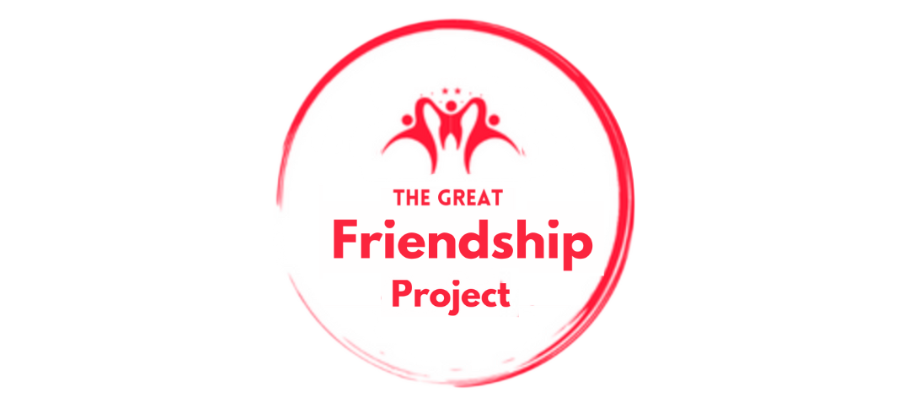
Our Approach: How we Tackle Loneliness
We offer a preventative approach that utilises the power of community to help build connection, friendships and network of support. The social interaction model we’ve used since our inception in 2021 has since been shown across a wide body of evaluative research to be effective in tackling loneliness.
Prevention, Not Intervention
We know that loneliness can have a devastating impact on mental health and but also physical health – equivalent to 15 cigarettes a day.
And like any mental or physical health issue, we believe it is always best to address it early or better still, prevent it altogether
This is because we know loneliness sadly can be a vicious cycle, with loneliness leading to self-blame and increased social isolation, leading to further loneliness.
We know social connections can have a domino or multiplier effect. Positive social experiences can help to transform the mindsets of young adults, developing a more open and active approach to building friendships and social connection.
Our approach is to provide young adults with the tools and opportunities to build these meaningful social connections before loneliness becomes chronic and has a more serious impact on physical health and mental health.
We believe this also inspires young people to create further social opportunities for their new friends and others, which in turn can help prevent others from struggling with loneliness.
The Vicious Cycle of Stigma

The Three Types of Support
There are broadly three types of intervention to tackle loneliness:
- Social Support Interventions
- Psychological Support Interventions
- Social Interaction Interventions
We believe psychological approaches (such as therapy and counselling) are particularly effective for those struggling with existential loneliness.
However, owing to the extreme pressure on mental health services in the UK, psychological support is considerably overstretched.
On the other hand, research has demonstrated social support interventions (like mentoring and befriending schemes), have a significantly lower impact than other interventions.
We believe this is in part because connections formed through such psychological interventions can often be one-sided, hierarchical, and ultimately, unsustainable.
The Great Friendship Project operates a low-cost and scalable “social interaction” model designed to create the spaces and conditions through which social connections can be made and friendships can be form organically.
We harness the power of community to help build the basis for long-term friendships and networks of support, and a sense of belonging that both psychological and social support interventions simply aren’t geared up to provide.

The UK Govt’s Review of Interventions
In the UK Government’s review into loneliness interventions found there were key ingredients for the most successful interventions:
- Group activities
- The opportunity to connect with ‘people like you’
- A safe place to meet
- ‘Locally situated’ activities
- Skilled facilitation
The review also found community-focused connections and group settings acted as catalysts for reducing loneliness, acting “as catalysts for larger individual-level changes.”

Built on this evidence base, The Great Friendship Project offers 3-4 facilitated weekly group activities across London alongside online community spaces. Both the in-person events and the online spaces help connect young adults meet like-minded people by:
- Providing social opportunities for those who struggle to build connections or have limited opportunities (for example, due to remote working). These help mitigate feelings of loneliness, reducing the damaging impact that loneliness can have on one’s mental and physical health.
- Building networks of support to help our members feel connected to others and building their resilience at times of crisis or difficulty.
- Developing a sense of belonging within a wider community where they feel safe, valued and accepted.
- Growing self-confidence by participating in our events, trying new experiences, and having positive experiences meeting people.
Co-Production with Members
At the core of the project lies a unique partnership with our members and a principle of co-production.
Our offer of 3-4 weekly events ( a blend of group activities, games evenings, picnics, board games and social walks) has been shaped by feedback from our members.
And our commitment to co-production doesn’t stop there.
From the moment a new member joins the project, they’re invited to help shape our community by sharing event preferences and ideas to help the project authentically reflect the diverse interests and passions within our community.
After every event we host, we capture feedback to help improve the experience of our activities and spaces. We’ve established dedicated volunteer teams to provide on-the-ground feedback and support to our members.
With their insights, our experience, and our commitment to monitoring and evaluation, we’re able to swiftly respond to emerging needs and continually refine our offer to young adults.

